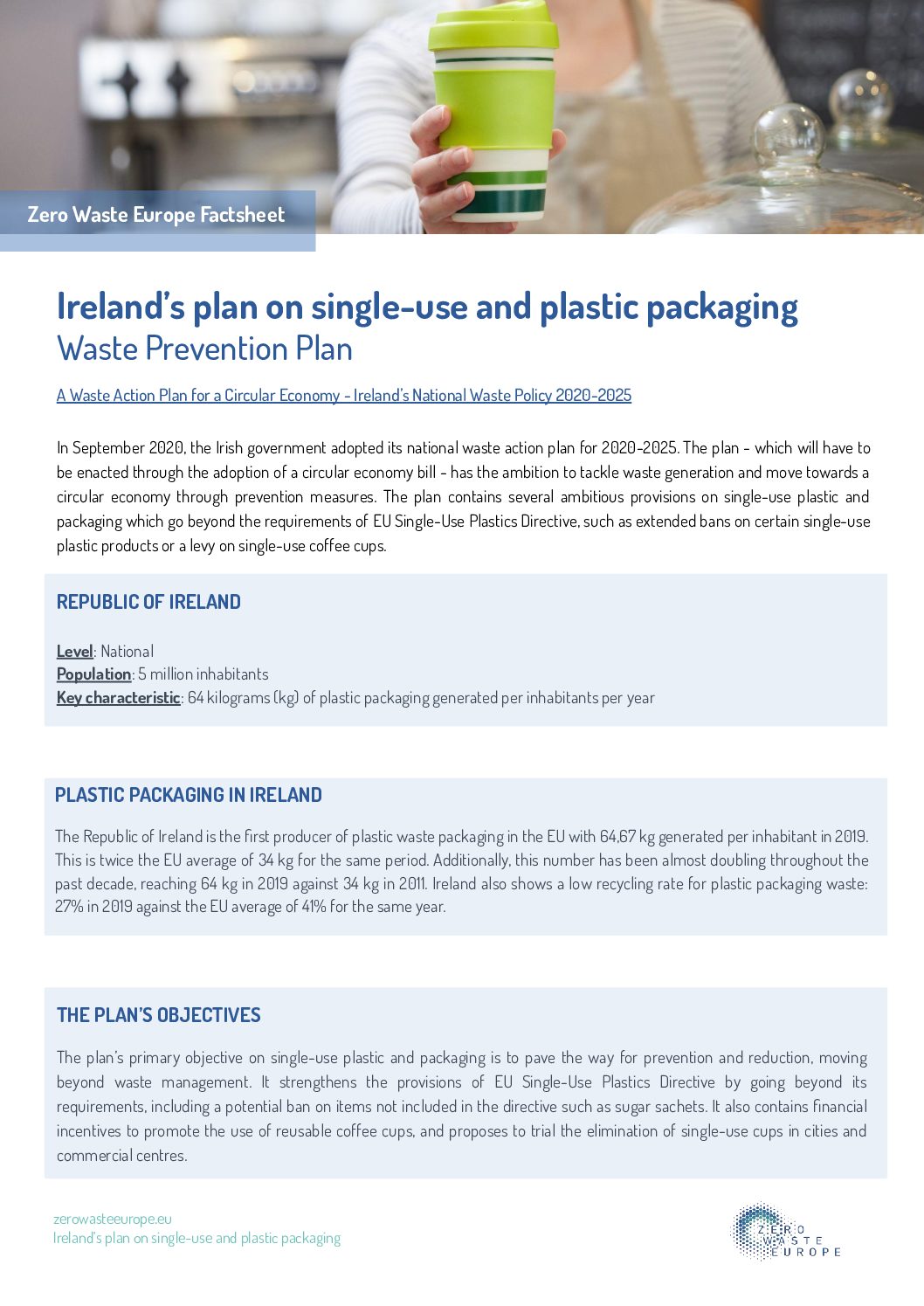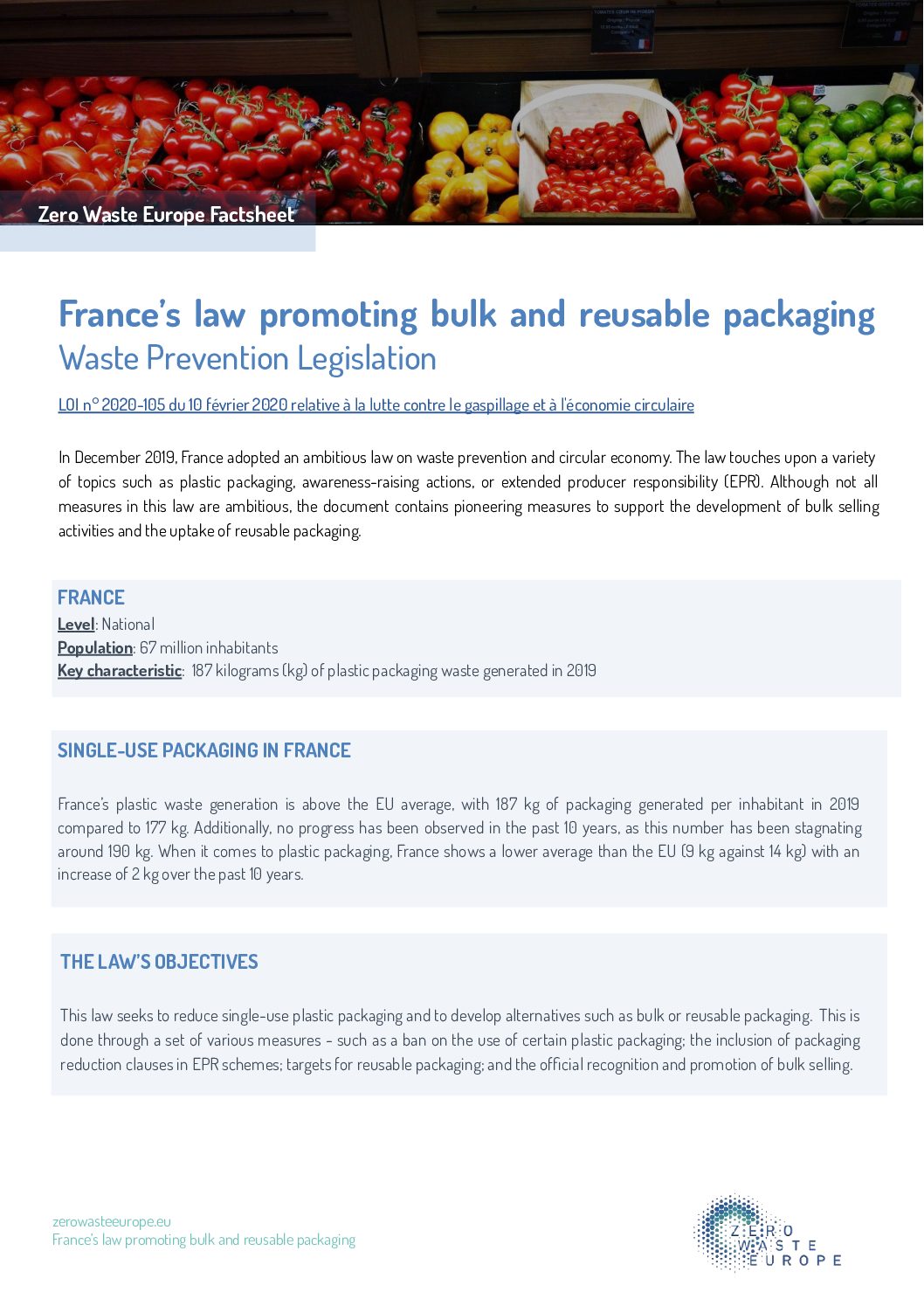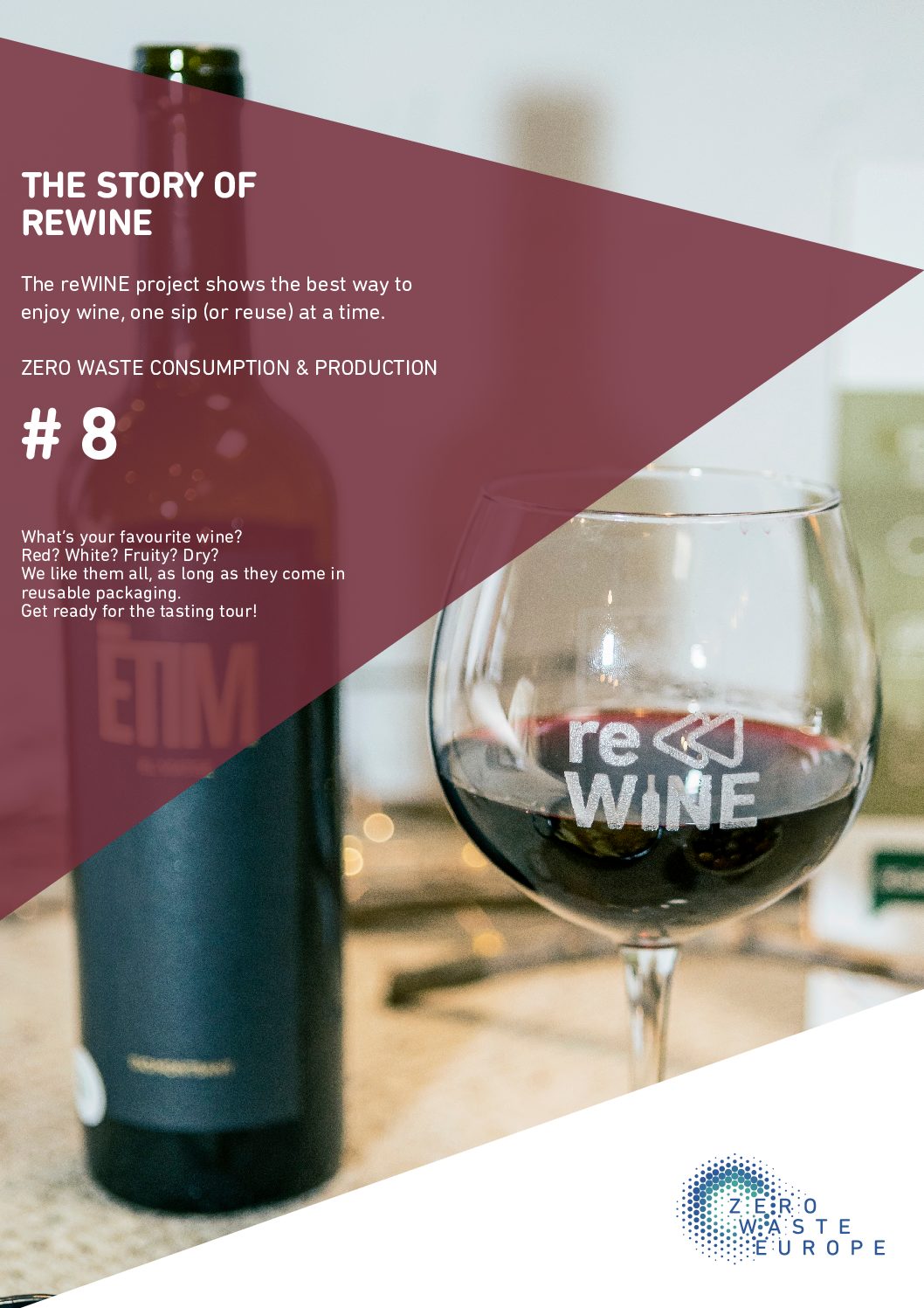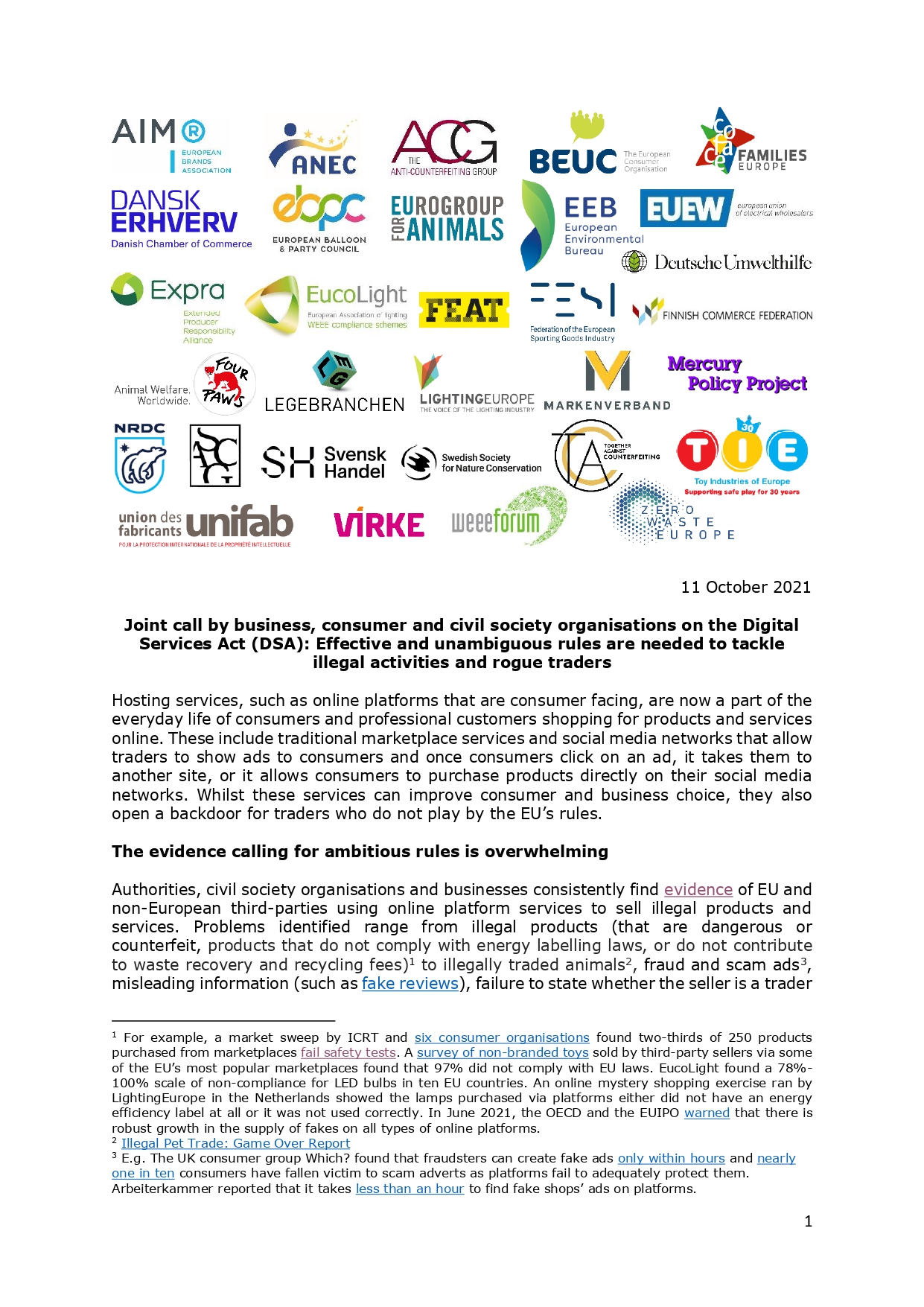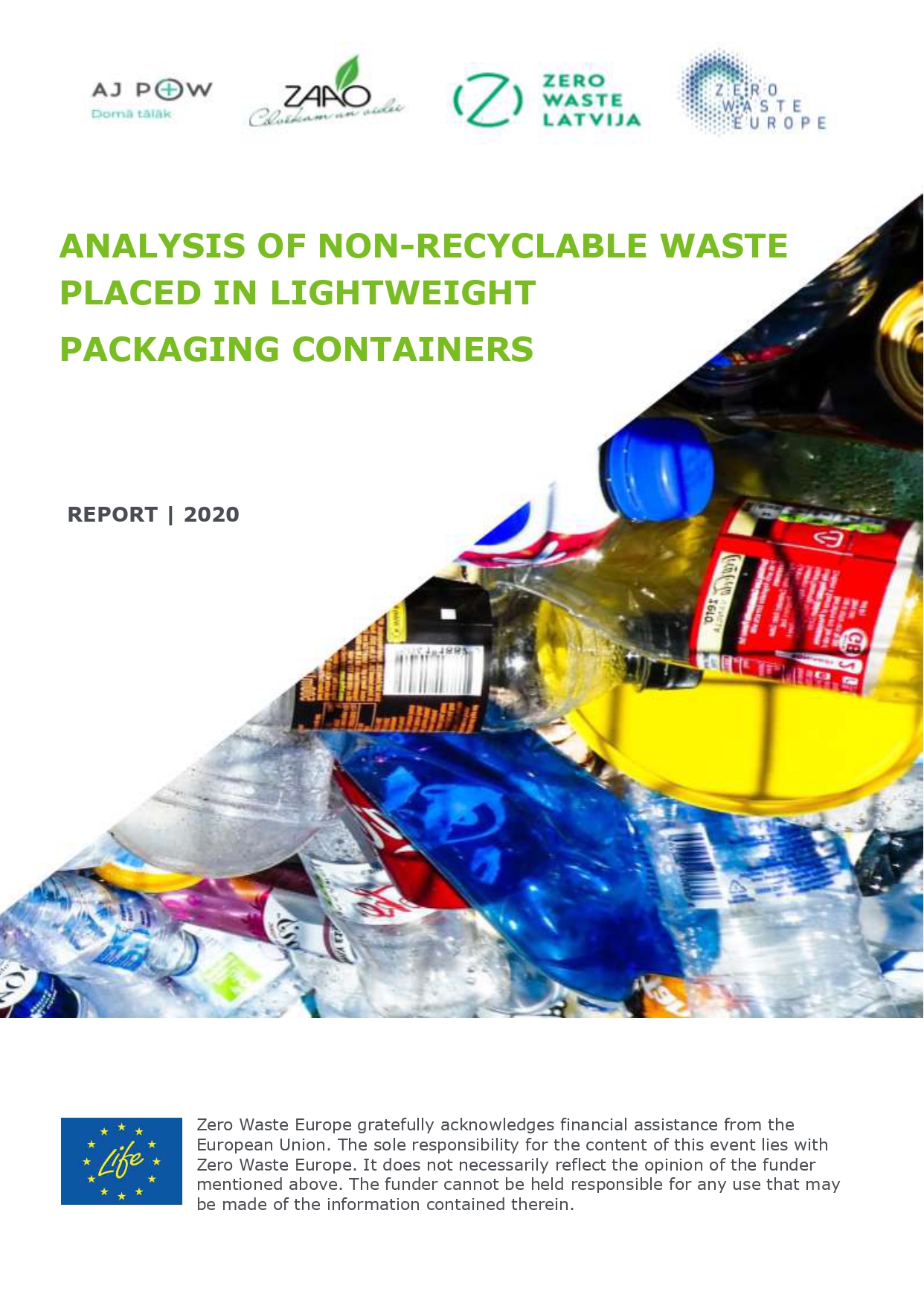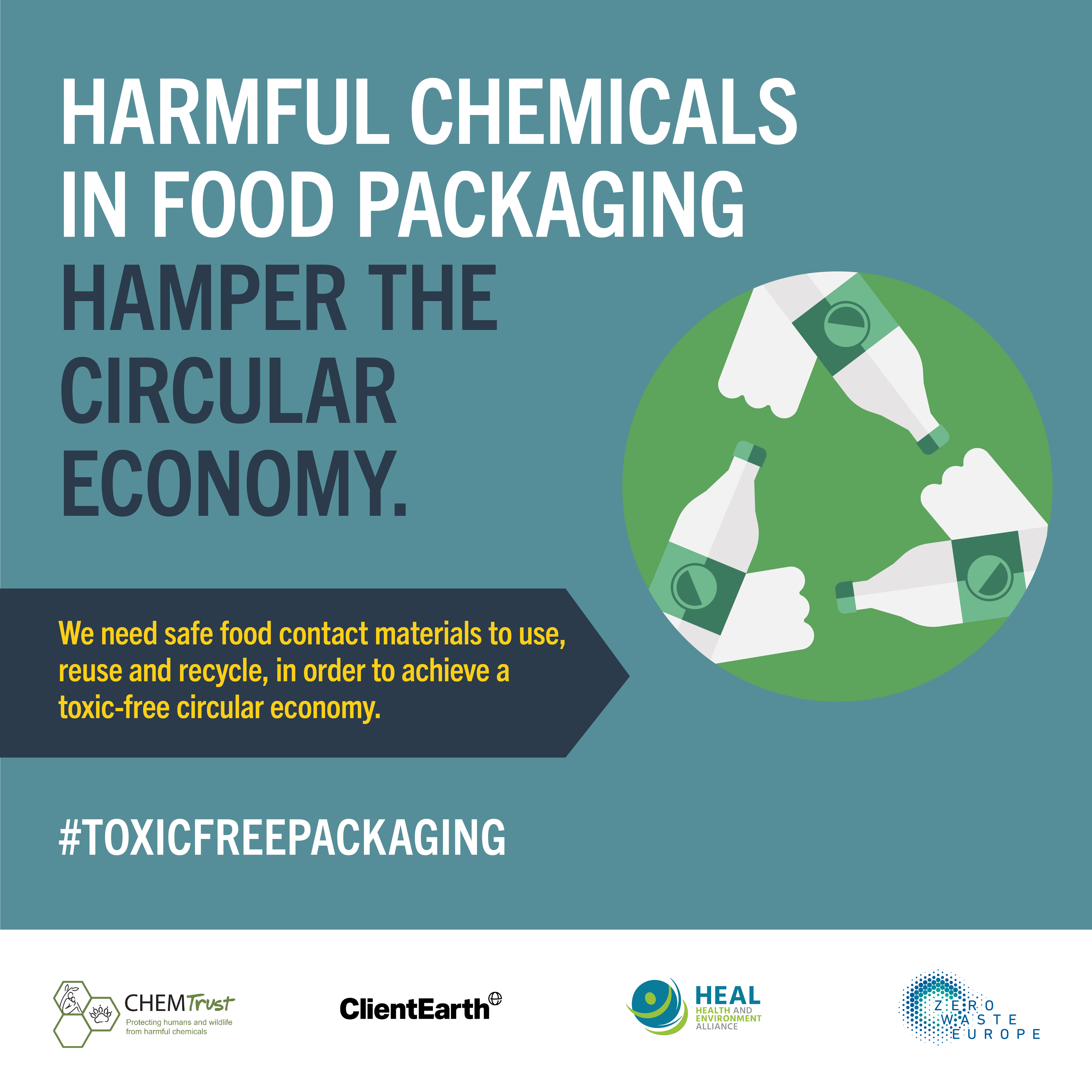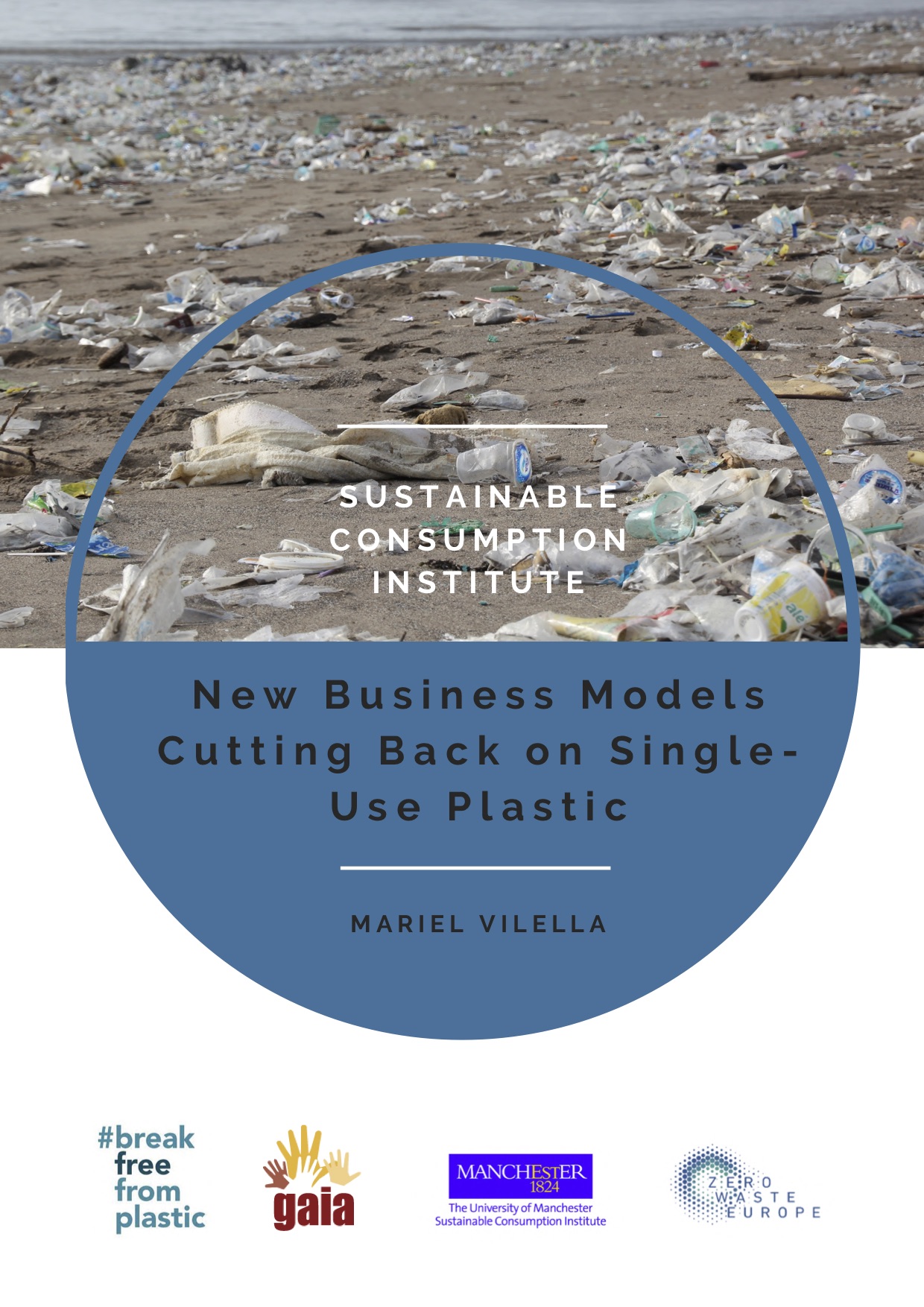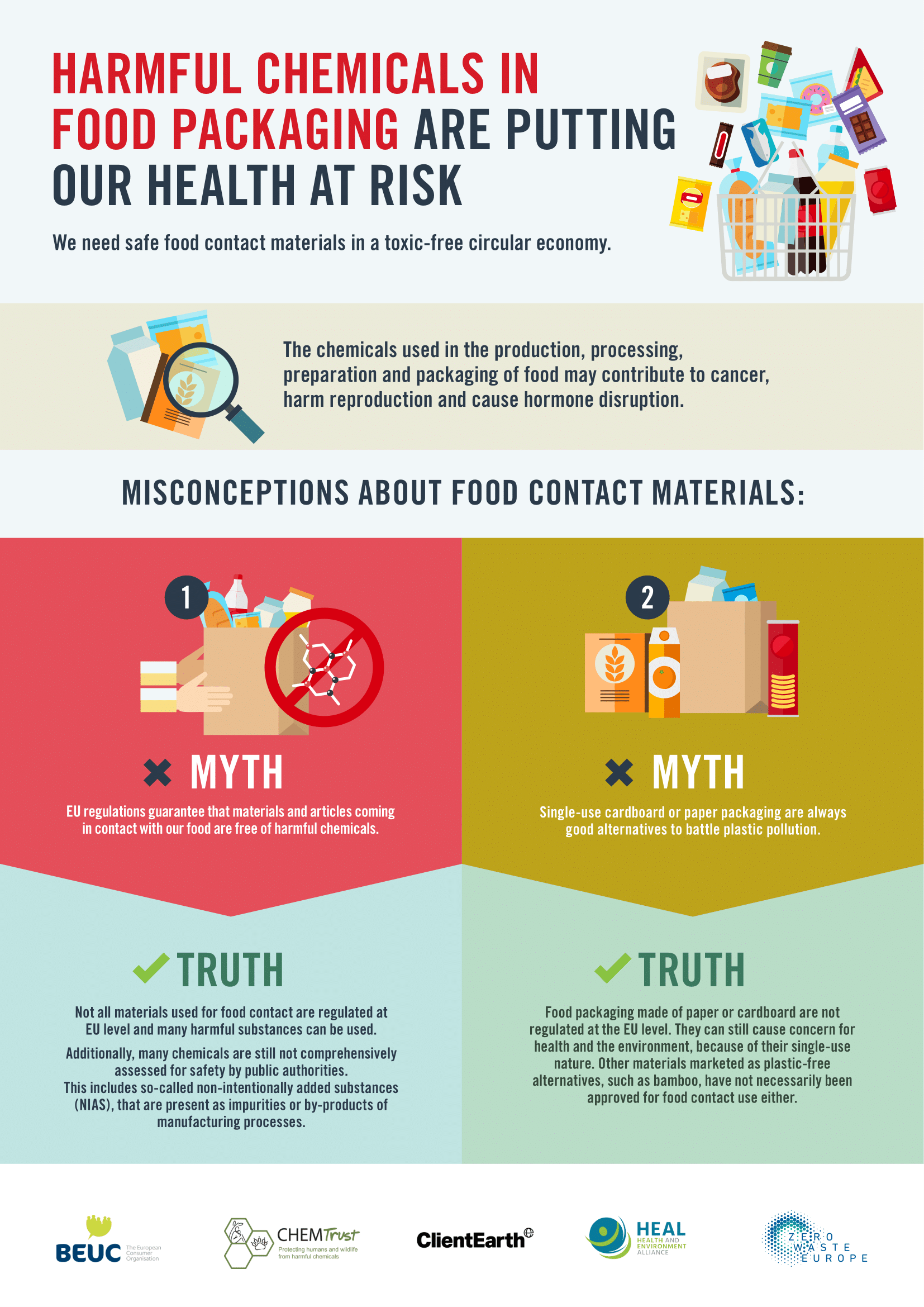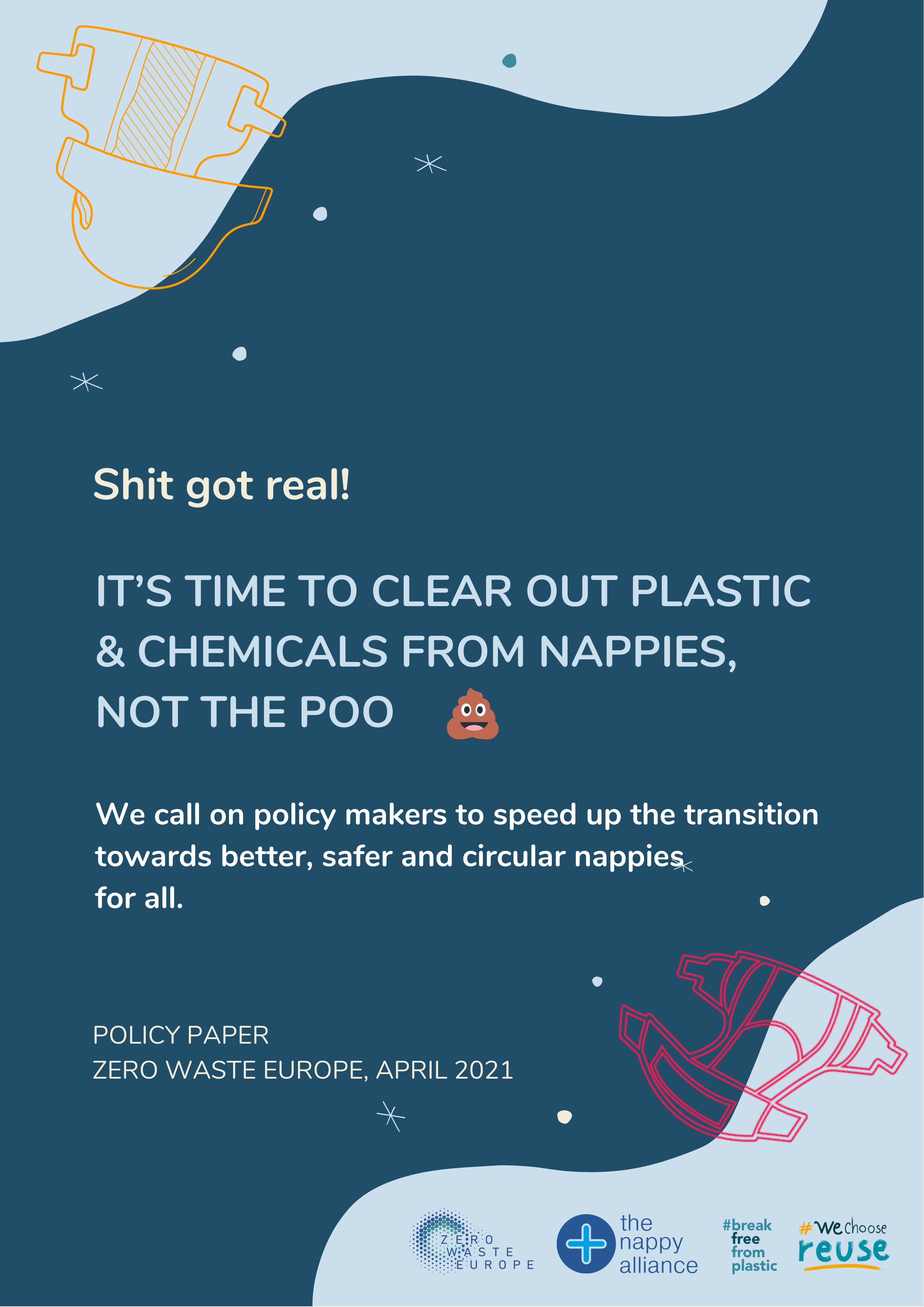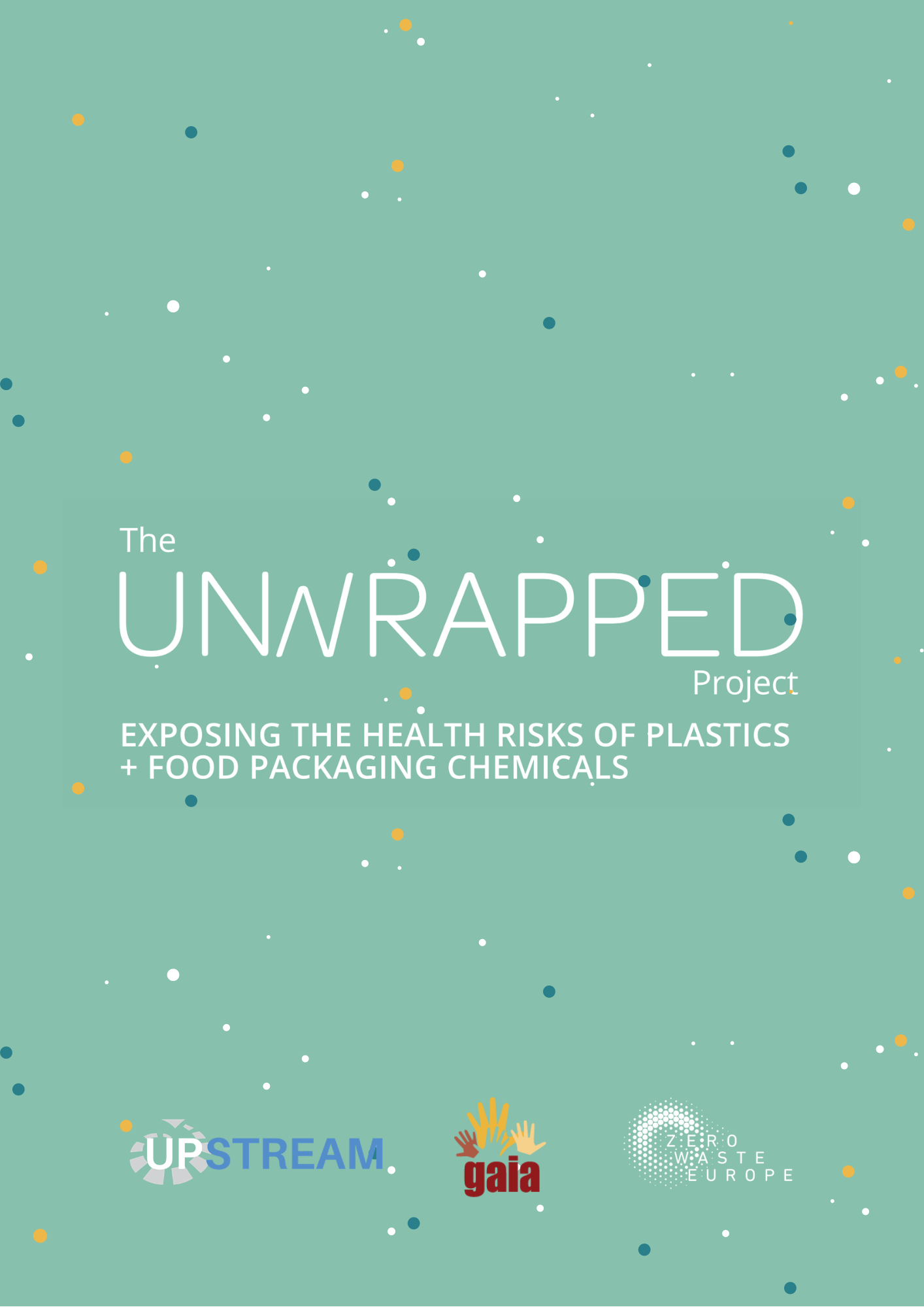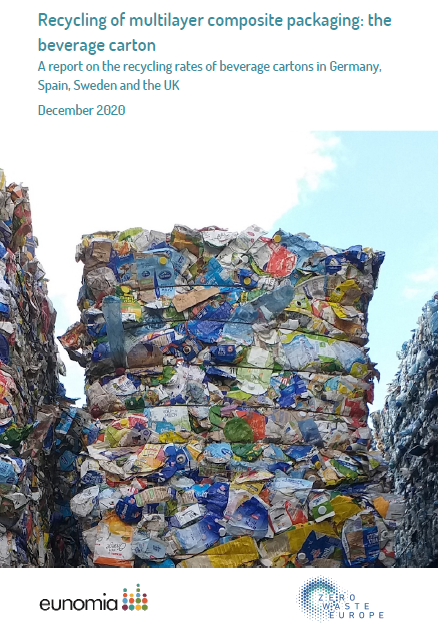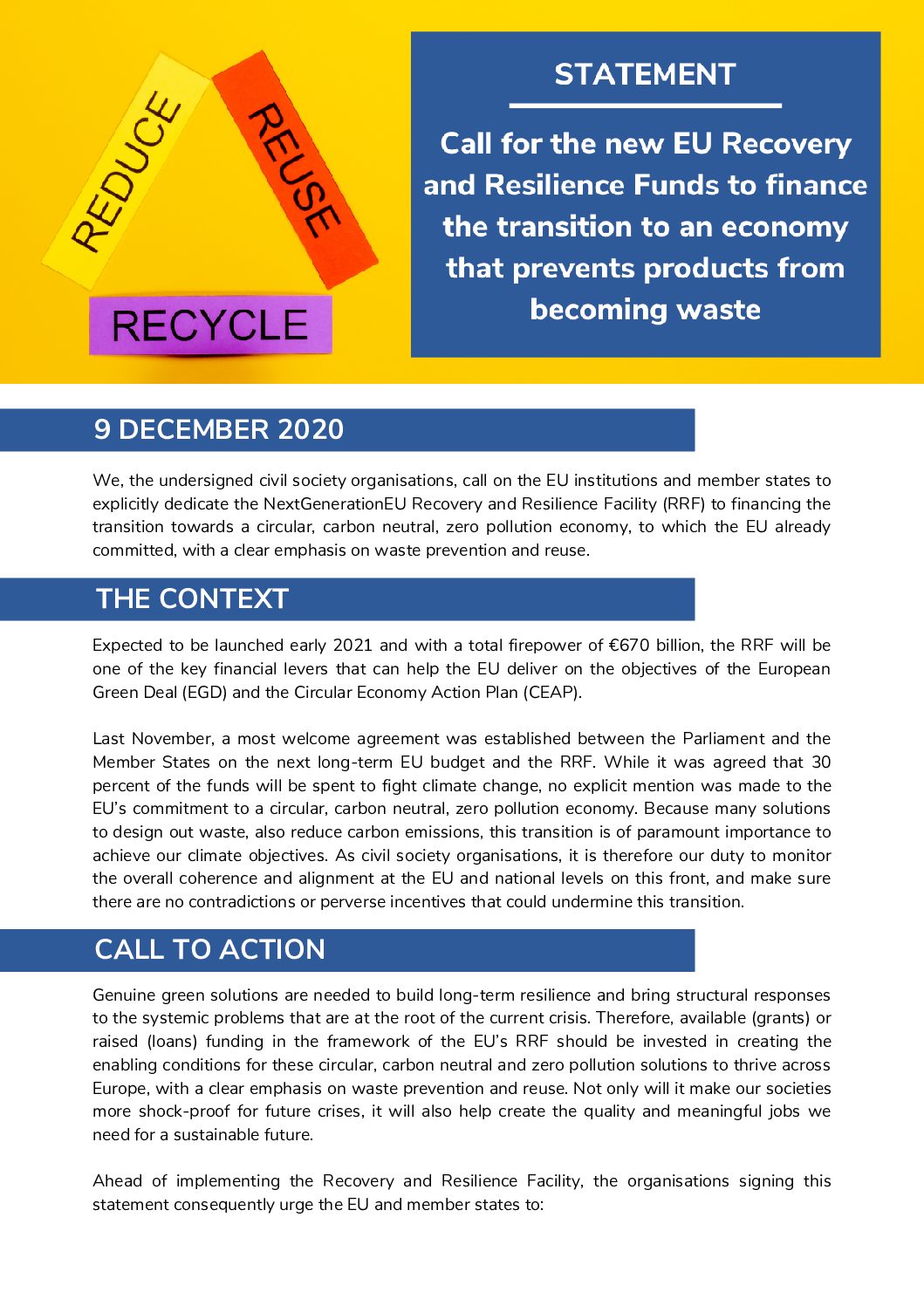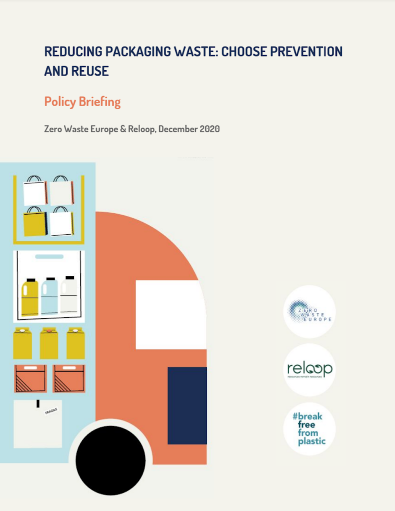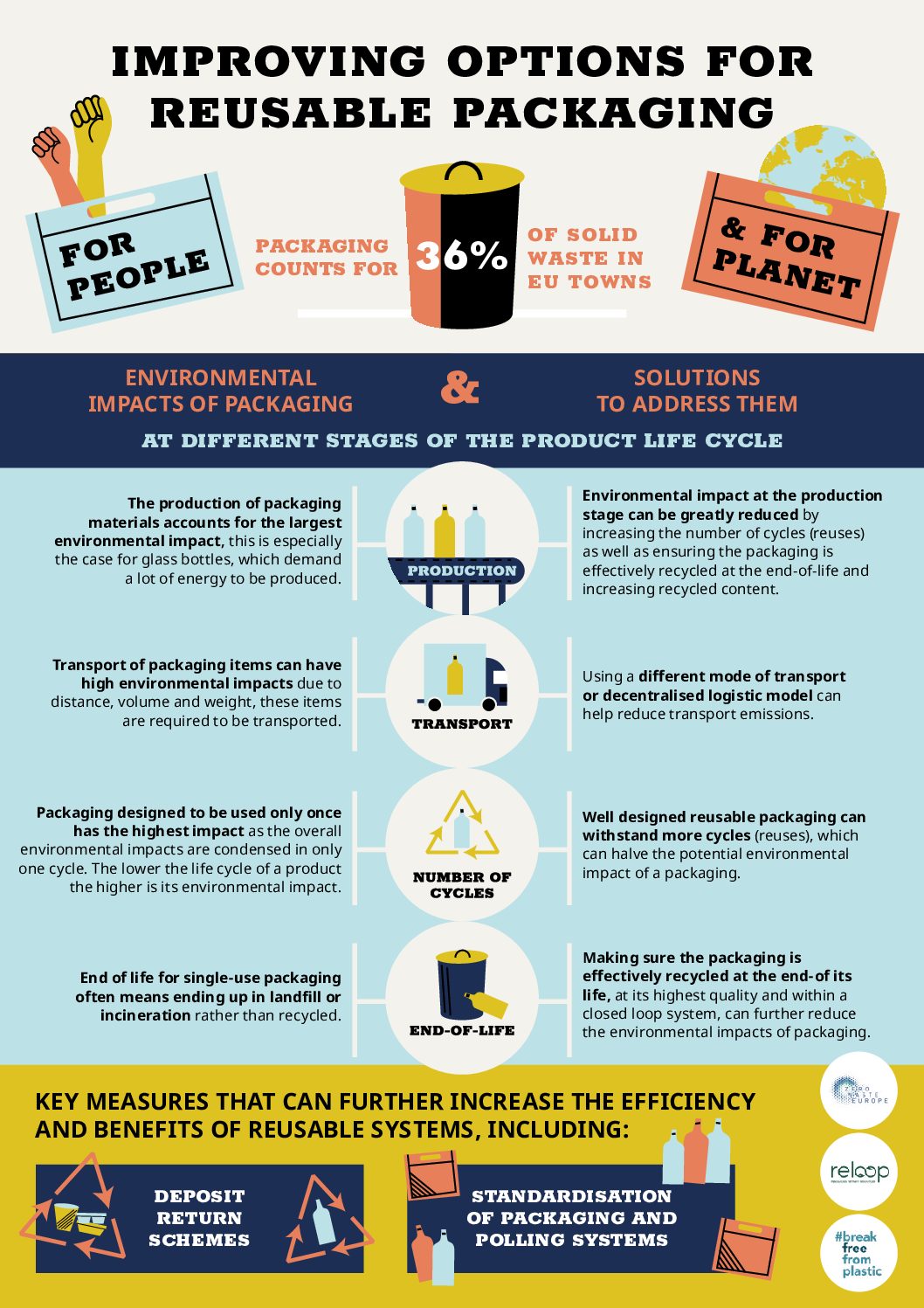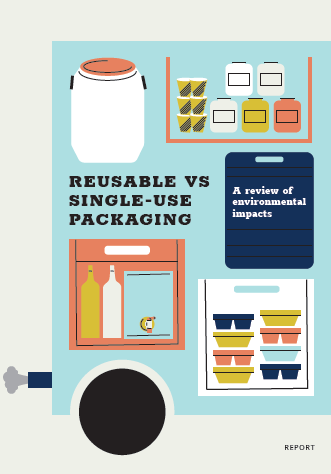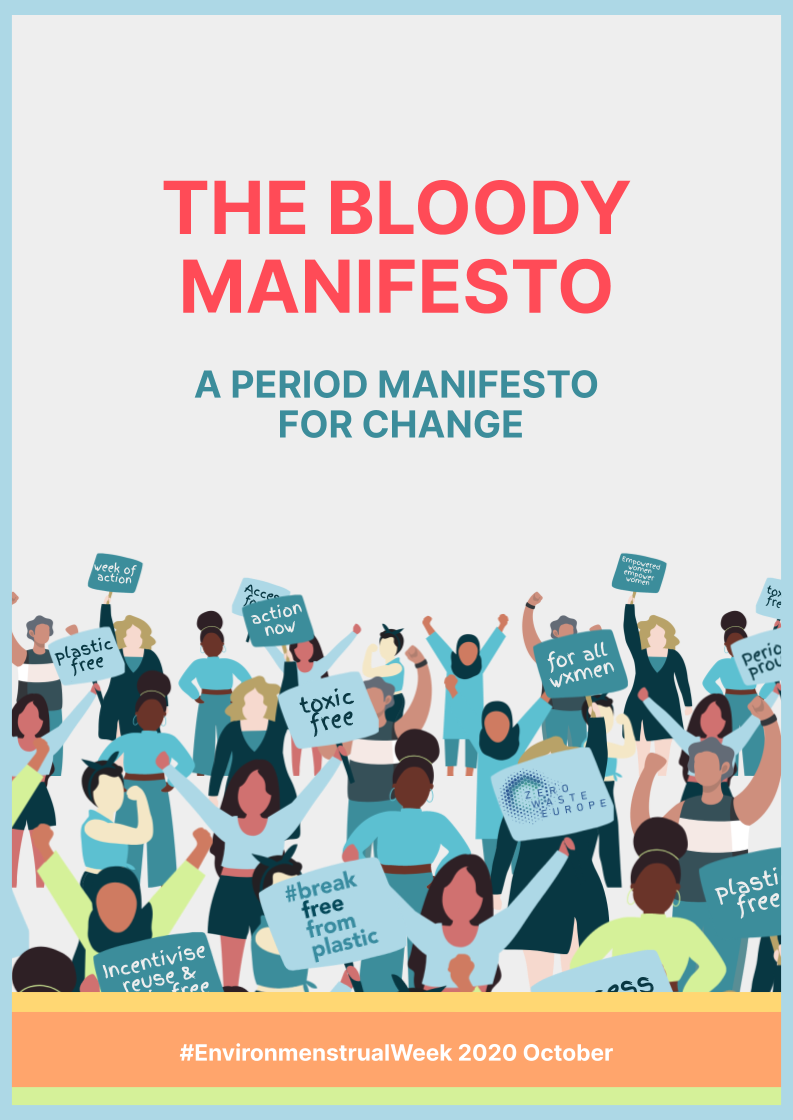In September 2020, the Irish government adopted its national waste action plan for 2020-2025. The plan – which will have to be enacted through the adoption of a circular economy bill – has the ambition to tackle waste generation and move towards a circular economy through prevention measures. The plan contains several ambitious provisions on single-use plastic and packaging which go beyond the requirements of EU Single-Use Plastics Directive,bsuch as extended bans on certain single-use plastic products or a levy on single-use coffee cups.
Programme: Consumption & Production
France’s law promoting bulk and reusable packaging
In December 2019, France adopted an ambitious law on waste prevention and circular economy. The law touches upon a variety of topics such as plastic packaging, awareness-raising actions, or extended producer responsibility (EPR). Although not all measures in this law are ambitious, the document contains pioneering measures to support the development of bulk selling activities and the uptake of reusable packaging.
The story of reWINE
In the wine industry, single-use glass is heavily used for packaging. On the one hand, glass has the greatest environmental impacts compared to other packaging materials (i.e. PET, aluminium, and beverage carton). On the other hand, glass is 100% reusable and 100% recyclable at the end of its life cycle, and is an inert material, which makes it more suitable as a food contact material.
The reWINE project proves that a circular and more sustainable way of consuming wine is possible.
Let’s start the tasting tour!
Available in Catalan, English, French, Hungarian, Italian, Lithuanian, Portuguese, Slovenian, and Spanish.
Joint call on the Digital Services Act (DSA): Effective and unambiguous rules are needed to tackle illegal activities and rogue traders
Authorities, civil society organisations and businesses consistently find evidence of EU and non-European third-parties using online platform services to sell illegal products and services.
BEUC and 29 other civil society and industry groups join forces in a joint statement on the Digital Services Act (DSA). We ask policy-makers to ensure the DSA holds accountable online platforms that facilitate the initiation of transactions between traders and end-users via a strong liability regime and firm obligations.
Analysis of non-recyclable waste placed in lightweight packaging containers
This report, produced by Zero Waste Latvia, provides information about the waste that cannot be recycled, which ends up in a lightweight packaging container, its composition and the mistakes most often made by the public. Based on the results obtained, the report’s authors make recommendations to manufacturers and decision-makers to promote correct sorting of waste, improve communication intended for the public and take other strategic measures to improve the waste management system.
Harmful chemicals in food packaging hamper the circular economy
The Health and Environment Alliance (HEAL), Zero Waste Europe, CHEM Trust and ClientEarth have joined forces to illustrate how harmful chemicals in food packaging can hamper the circular economy and put our health at risk.
Recycling food packaging can be an important part of achieving a circular economy in the European Union. But recycled materials can still contain chemicals that may contribute to cancer, reproductive disorders and hormone disruption. The infographic launched today visualizes why we need more preventive EU regulations to ensure food contact materials are safe to use, reuse and recycle, in order to achieve a toxic-free circular economy.
Available in English
Open letter to the Parliament of the European Union – Stop sale and imports of illegal products via online marketplaces
Online marketplaces shall be liable when no other actor located in the EU is responsible for products sold to European consumers. This is the demand of a broad alliance of environmental and industry organisations in an open letter to the European Parliament, which is just drafting its position on several legislative proposals regulating digital markets and product safety.
Available in English
New Business Models Cutting Back on Single-Use Plastic
This research conducted at the Sustainable Consumption Institute by Mariel Vilella, Director of Global Strategy at Zero Waste Europe, in collaboration with GAIA and BFFP, looks at examples of successful business models that are successfully contributing to the reduction of single-use plastic consumption, exploring their impact and the key conditions for their replication and growth.
Available in English
Harmful chemicals in food packaging are putting our health at risk
The Health and Environment Alliance (HEAL), Zero Waste Europe, the European Consumer Organisation BEUC, CHEM Trust and ClientEarth have joined hands to bust some of the most popular myths surrounding chemicals used in food contact materials. Our latest infographic illustrates how the chemicals used in the production, processing, preparation, and packaging of food may put our health at risk.
Available in English
Shit got real! It’s time to clear out plastic & chemicals from nappies, not just the poo
In the context of #ReusableNappyWeek 2021, we throw the spotlight on baby nappies by exposing the impacts related to the production and consumption of conventional single-use baby nappies; showcasing the reusable solutions and their benefits; and demanding policy change at the European, national and local level.
Available in English
The UNWRAPPED Project’s toolkit. Exposing the health risk of food packaging chemicals
As part of the UNWRAPPED Project, we have developed a toolkit to throw a spotlight on the human health risks posed by plastics and other food packaging materials. The 9 factsheets present facts and figures about how disposable food packaging can be harmful to human health and call for corporate and decision-makers to put an end to single-use packaging and take a precautionary approach to use harmful chemicals that are known to migrate out of packaging and cause human health impacts.
Available in English (other languages are coming soon)!
Recycling of multilayer composite packaging: the beverage carton
New research commissioned by Zero Waste Europe to Eunomia Research & Consulting has revealed that the actual beverage carton recycling rate in four European countries is far below what is currently being reported.
Available in English
Call for the new EU Recovery and Resilience Funds to finance the transition to an economy that prevents products from becoming waste
We, the undersigned civil society organisations, call on the EU institutions and member states to explicitly dedicate the NextGenerationEU Recovery and Resilience Facility (RRF) to financing the transition towards a circular, carbon neutral, zero pollution economy, to which the EU already committed, with a clear emphasis on waste prevention and reuse.
Available in English
Reducing packaging waste: choose prevention and reuse
Together with the University of Utrecht and Reloop we released a report highlighting that reusable packaging produces far fewer carbon emissions than their single-use counterparts. Read our policy recommendations to reduce packaging waste and to build efficiently reusable systems.
Available in English
Infographic: Reusable VS single-use packaging – A review of environmental impact
Together with the University of Utrecht and Reloop we released a report highlighting that reusable packaging produces far fewer carbon emissions than their single-use counterparts. Read the report’s key findings in our infographic.
Available in English & Hungarian
Executive summary: Reusable VS single-use packaging – A review of environmental impact
Together with the University of Utrecht and Reloop we released a report highlighting that reusable packaging produces far fewer carbon emissions than their single-use counterparts. Download the executive summary and read the report at bit.ly/reusable-packaging
Available in English
Reusable VS single-use packaging: a review of environmental impact
Together with the University of Utrecht and Reloop we released a report highlighting that reusable packaging – such as bottles, crates, jars, and others – produces far fewer carbon emissions than their single-use counterparts.
Available in English
The Bloody Manifesto
We are asking the European Commission to act by setting the necessary policy framework to support and empower menstruators to access safe, fair & circular menstrual products – in line with the EU’s circular economy objective. Our manifesto is open for signatures at the following link: http://bit.ly/signmanifesto
